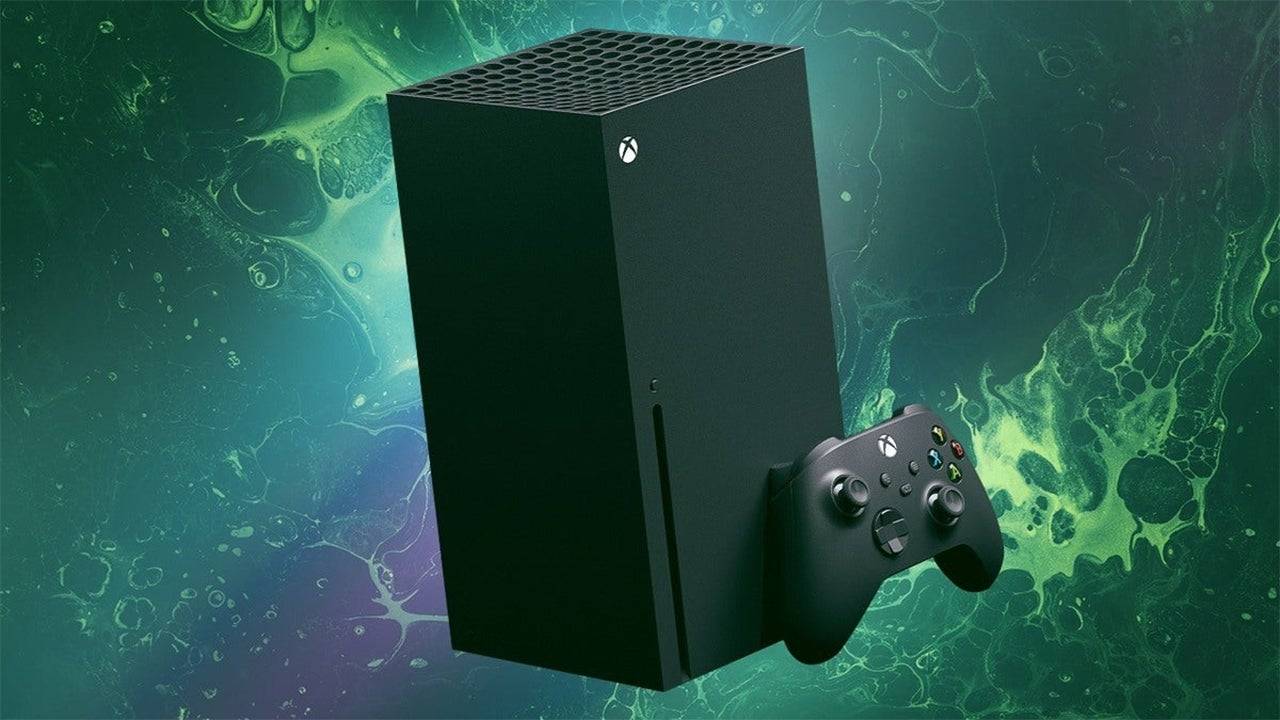The debate over PlayStation versus Xbox has been a staple of the gaming community for years, sparking discussions across social media platforms, forums, and among friends. While the rivalry between Sony and Microsoft has shaped much of the video game industry's recent history, the landscape has shifted dramatically. The rise of handheld gaming and the tech-savviness of younger generations have transformed the gaming battlefield, raising the question: has a winner emerged in the console war? The answer might surprise you.
The video game industry has evolved into a financial powerhouse, generating $285 billion in 2019 and soaring to $475 billion in 2023. This figure surpassed the combined revenues of the global movie and music industries, which stood at $308 billion and $28.6 billion respectively. Projections suggest the industry will reach nearly $700 billion by 2029, showcasing its explosive growth from its humble beginnings with games like Pong.
The industry's lucrative prospects have attracted Hollywood stars like Mads Mikkelsen, Keanu Reeves, Jon Bernthal, and Willem Dafoe, who have lent their talents to video games in recent years. This trend underscores the shifting perception of gaming as a mainstream entertainment medium. Even giants like Disney are investing heavily, with a $1.5 billion stake in Epic Games as part of their strategy to expand into gaming under Bob Iger's leadership. However, not all boats are rising with the tide, as evidenced by Microsoft's Xbox division.

The Xbox Series X and S were designed to surpass the Xbox One in every aspect, but they have struggled to capture the market's enthusiasm. The Xbox One outsold the Series X/S by nearly double, and according to Mat Piscatella of Circana, the current console generation may have peaked in sales. In 2024, Xbox Series X/S sold less than 2.5 million units, while the PlayStation 5 sold the same number in just the first quarter. Rumors of Xbox potentially exiting the physical retail market and pulling out of the EMEA region further suggest a retreat from the console war.
Microsoft has seemingly conceded the console war. During the Activision-Blizzard acquisition, Microsoft acknowledged that Xbox never had a real chance to win. With the Series X/S struggling and Microsoft's candid remarks about its position, the company is shifting focus away from traditional console sales.
Xbox Game Pass has become a central pillar for Microsoft, with leaked documents showing significant investments in AAA titles for the subscription service. The 'This Is An Xbox' campaign indicates a shift in branding, positioning Xbox as a service rather than solely a console. Rumors of an Xbox handheld and Microsoft's plans for a mobile game store underscore this strategic pivot, aiming to redefine Xbox as a brand accessible anytime, anywhere.

Microsoft's shift is driven by the dominance of mobile gaming, which now accounts for over 1.93 billion of the 3.3 billion global gamers. Mobile gaming's market value reached $92.5 billion in 2024, half of the total video game industry's $184.3 billion. Console gaming, in contrast, represents just $50.3 billion, a 4% drop from the previous year. The rise of mobile gaming, particularly among Gen Z and Gen Alpha, explains Microsoft's interest in transforming your phone into an Xbox.
Mobile gaming's dominance is not a new phenomenon. By 2013, it had already outpaced console gaming in Asia, with games like Puzzle & Dragon and Candy Crush Saga outperforming traditional giants like GTA 5. Over the 2010s, mobile titles like Crossfire, Monster Strike, Honor of Kings, and Clash of Clans were among the highest-grossing games, illustrating the shift in player preferences.
While mobile gaming has taken center stage, PC gaming has also seen significant growth, with an increase from 1.31 billion players in 2014 to 1.86 billion in 2024. Despite this growth, the PC gaming market remains $9 billion behind consoles, suggesting a complex landscape where technological literacy and preferences are evolving.

On the other side of the console war, Sony's PlayStation 5 has performed exceptionally well, with 65 million units sold compared to the combined 29.7 million units of Xbox Series X/S. Sony's Game and Network Services saw a 12.3% profit increase, driven by strong first-party sales. Projections suggest Sony will sell 106.9 million PS5s by 2029, while Microsoft anticipates selling 56-59 million Xbox Series X/S units by 2027. This significant gap, coupled with Xbox titles potentially coming to other platforms, positions PlayStation as the current leader in the console market.
However, the PS5's success is tempered by the fact that half of PlayStation users still play on PS4s, and there are only about 15 true PS5-exclusive games, not counting remasters. The PS5 Pro, priced at $700, received mixed reviews, with many questioning its value given the lack of new, compelling exclusives. The upcoming release of Grand Theft Auto 6 may change this narrative, potentially showcasing the PS5's capabilities and driving further sales.
So, is the console war truly over? For Microsoft, it seems they never believed they could win. Sony's PS5 has achieved success but struggles to justify its leap forward. The real victor appears to be those who opted out of the console war entirely. With mobile gaming companies like Tencent making moves into traditional gaming, and the industry's future leaning more towards cloud gaming and accessibility, the next chapter of video gaming will be defined by who can expand their digital reach the fastest. The console war may be over, but the mobile gaming war—and the myriad smaller conflicts it spawns—has only just begun.






